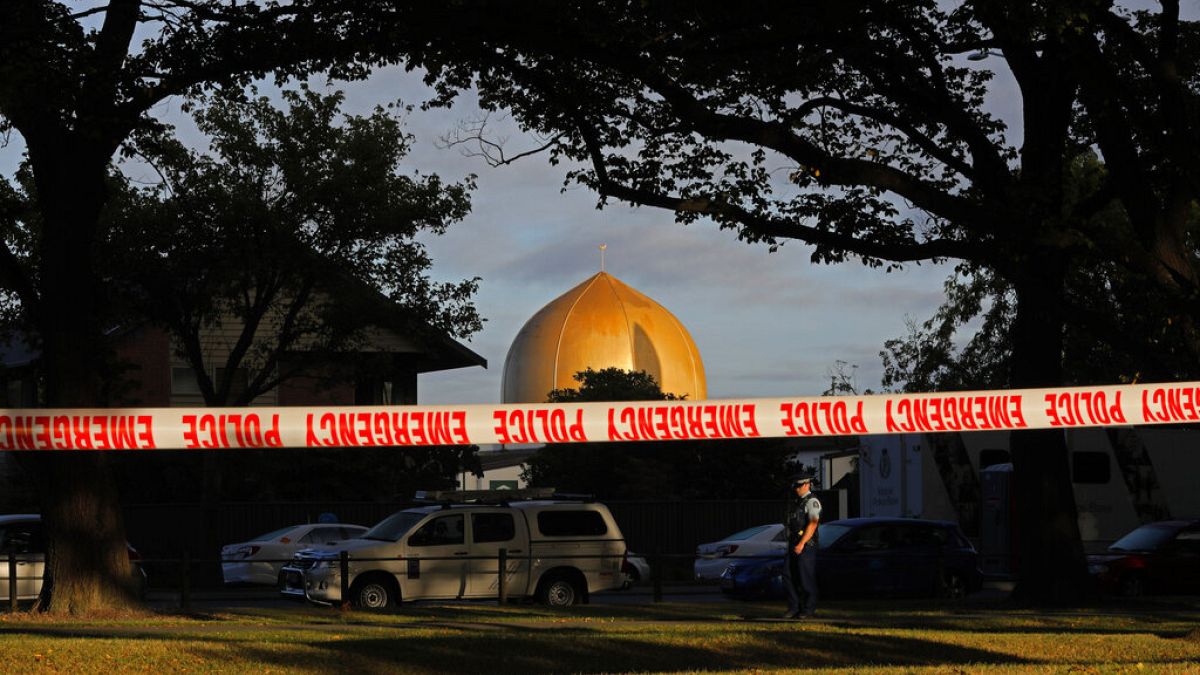Leaders from around the world have been taking part in the "Christchurch Call" on how to tackle online radicalisation more effectively
World leaders and representatives from tech companies have been holding talks on Saturday on how to prevent violent extremism online.
The meeting, held by video conference, was launched by New Zealand Prime Minister Jacinda Ardern, and is known as the "Christchurch Call".
Two years ago 51 Muslim worshippers died in a mass shooting at two mosques in the city.
The white supremacist behind the killings live-streamed the massacre on Facebook.
Ardern believes we need to know more about how online radicalisation works to be able to counter it.
"We need to understand how algorithms, at-risk internet users, and extreme networks interact on the path to radicalisation so that we can find ways to intervene positively," Ardern told the conference.
From his residence at Fort de Brégançon, French President Emmanuel Macron co-hosted the talks and said the internet had continued to be used as a tool in recent attacks in the U.S., Vienna, Germany and elsewhere. He said it cannot happen again, and that new European regulations against extremist content would help.
France has also suffered numerous attacks by Islamic extremists in recent years.
The initiative is being backed by 51 countries including the United States, which is participating for the first time.
British Prime Minister Boris Johnson said in a prerecorded video that authorities in his country alone had taken down more than 300,000 pieces of terrorist material from the internet over the past decade, which he described as a tsunami of hate.
"Terrorist content is like a metastasizing tumor within the internet, or series of tumors," Johnson said. "If we fail to excise it, it will inevitably spread into homes and high streets the world over".
